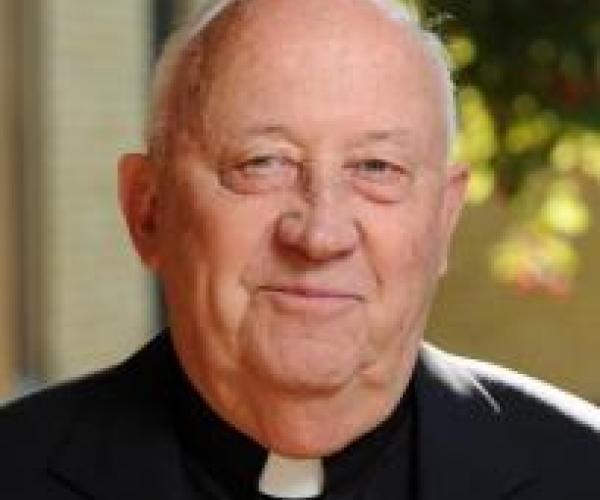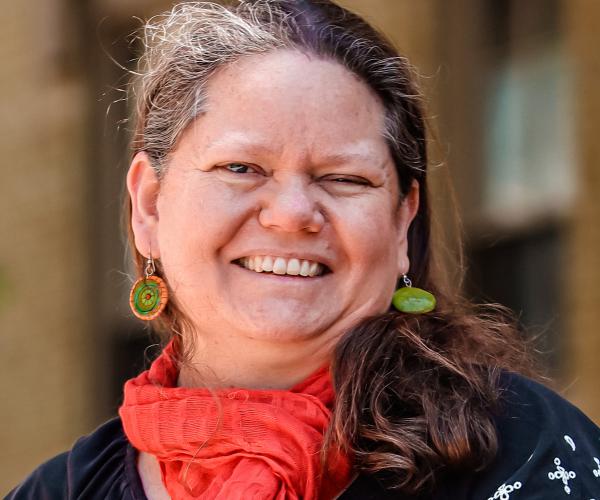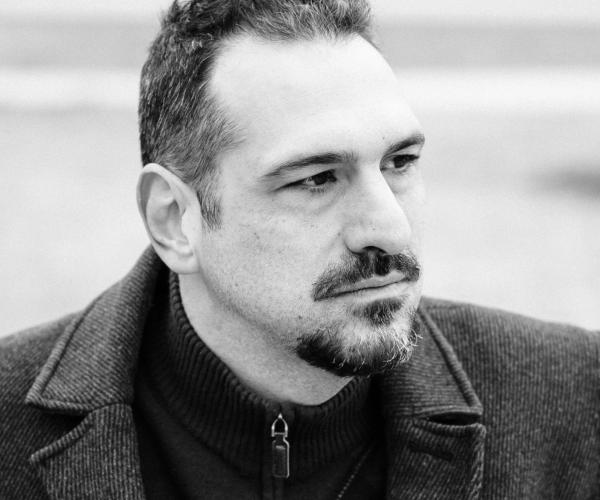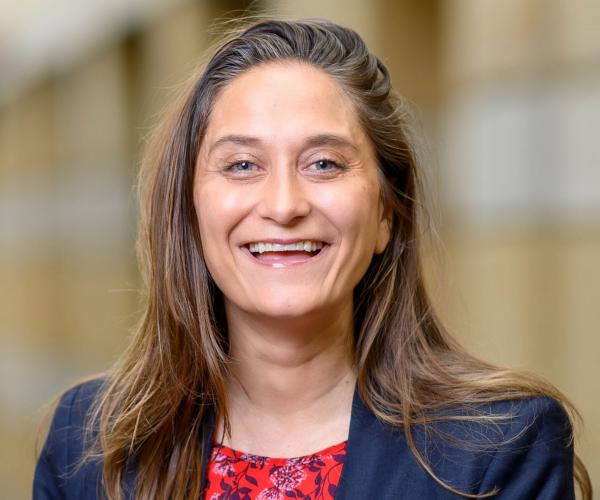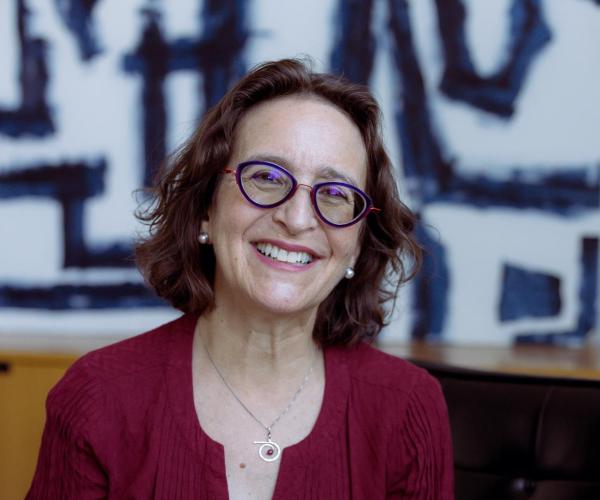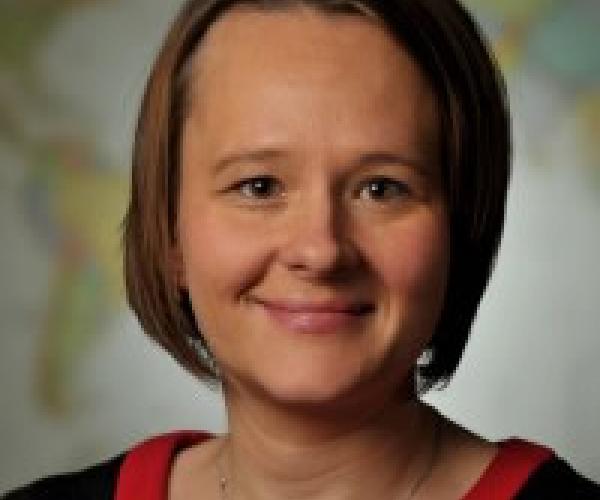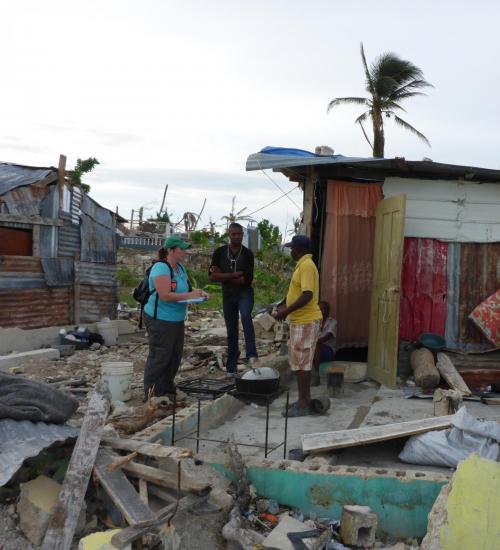
Research
The Institute offers funding for individual and collaborative research grants to support research by Kellogg faculty fellows in all disciplines.
The Kellogg Institute promotes research excellence and aims to set the research agenda on issues critical to its core research themes of democracy and human development. In order to deepen our scholarly community’s research excellence on these critical global challenges, Kellogg is committed to maintaining support for faculty fellows’ diverse research interests related to these themes. Whenever possible, it is hoped that Kellogg Institute research funds serve as "seed funding" that can be leveraged for future additional outside funding of large or growing projects.
The Bokhari Fund: this Fund provides grants of up to $4000 for the study of Islamic societies and culture, and can be devoted to research or conference travel. Please note in the first paragraph of your proposal that you are requesting support from the Bokhari Fund. Use Bokhari grants as a sole source of funding for a project, or combine them with other grants offered by the Kellogg Institute or the University of Notre Dame.
Deadlines for 2025-26:
- Tuesday, September 2, 2025
- Tuesday, October 28, 2025
- Tuesday, February 3, 2026
- Tuesday, March 31, 2026
Please use the tabs below to find information on Kellogg research grants.
SUBMISSION
The complete application will require:
- A brief abstract (150 words)
-
A full description of the project which clearly identifies:
- the international focus or dimension
- the research question to be addressed
- its background and significance within your field
- its relation to the thematic priorities of the Kellogg Institute
- the methods you will employ to answer the question
- the body of materials to be used
- expected accomplishments during the period for which you are requesting funding
- the anticipated scholarly product (e.g., an article, a series of articles, a book)
- a description of how the student will participate in the research (if funding for a graduate or undergraduate assistant is requested) - A short bibliography
- An abbreviated (2-3 page) CV
- A list of other sources from which the applicant is or will be requesting funding
- A detailed line-item budget (see budget template below)
- A narrative budget justification that provides an explanation of your budget at a high level; it does not need to be extensive nor detail proposed expenditures line by line as your budget does that. The goal of the justification, which can be brief, is to allow you to explain in narrative the rationale for the requested funds, why the requested amounts (e.g., number of trips, length of stay, etc) is necessary for the completion of your research, and how you calculated the amounts requested in order to demonstrate to the committee that the amounts requested are reasonable and not made up.
You can sign in to the online application system by clicking on "Sign in with Google" and use your Notre Dame credentials
Allowable Expenses
Proposals will be accepted for most research-related expenses with justified relevance and importance to the project and may include multiple dimensions (e.g., two field trips, one field trip plus research assistance, etc.).
Funding is available for a variety of project costs, including but not limited to the following:
- PERSONNEL - Research assistance, including graduate or undergraduate assistants or independent contractors, editorial support and/or translation services. Graduate and undergraduate student assistants must be involved in the faculty fellow’s research and writing in ways that contribute to the student’s intellectual formation. Awards will not support clerical or secretarial help.
- TRAVEL - Travel expenses associated with field research, travel to collections, collaboration with coauthors and, in collective research projects, with other individuals involved in the project. Includes airfare, ground transportation, lodging, and per diem.
- RESEARCH SUPPLIES - Acquisition of research materials, including electronic databases, computer software (not hardware), books, manuscripts, microfilm, etc.
- PARTICIPANT SUPPORT - Expenses related to research subjects, such as travel and food and/or program completion incentives.
Funding Amount
Individual grants will not normally exceed $20,000 for consideration by the Grants Committee. However, in highly exceptional cases, grants of up to $50,000 may be considered by the Faculty Committee (on their extended timeline) for projects involving extensive field research.
Please note that the Kellogg Institute will reimburse for meals and incidental travel expenses in accordance with these per diem allowances:
- 1-14 days - UP TO 75% of US State Dept per diem for international travel.
- 15+ days - UP TO 50% of US State Dept per diem for international travel.
In all cases, final determination of the amount awarded is at the discretion of the grants committee and will depend on their assessment of the specified needs in the proposal, budget, and justification.
Applicants must notify the Kellogg Institute of any funding received from another source; the Institute may adjust the award accordingly. No duplicate funding (that is, funding for the same purpose) is allowed.
An interdisciplinary committee of Kellogg faculty fellows reviews proposals for Kellogg research grants. Accordingly, applicants should make sure that the importance and originality of the project and methodology are clear to someone outside the applicant’s discipline.
Proposals will be evaluated based on the following criteria:
- Relation to Kellogg core research theme(s) of democracy and/or human development
- Potential for publication
- Potential for further support from external sources such as foundations. If there is interest in a larger project, the proposal should be explicit about how the applicant plans to approach outside sources. If external funding will not be sought, please explain why not (e.g., in some fields it may be the case that external funding is much more challenging and/or the topic doesn't fit traditional outside sources).
- Overall quality of the proposal including its potential for innovation (e.g., in research methodology), as well as professional presentation (e.g., spelling, grammar, and accurate budgeting)
- Budgetary appropriateness (i.e., the requested expenses are justified as necessary to the completion of the research)
Kellogg research grants are only made to Kellogg faculty fellows. Proposals must be within the field of international studies in order to be eligible and should relate to at least one of Kellogg’s core research themes of democracy and human development. Funds are available for summer and academic-year research.
Recipients







